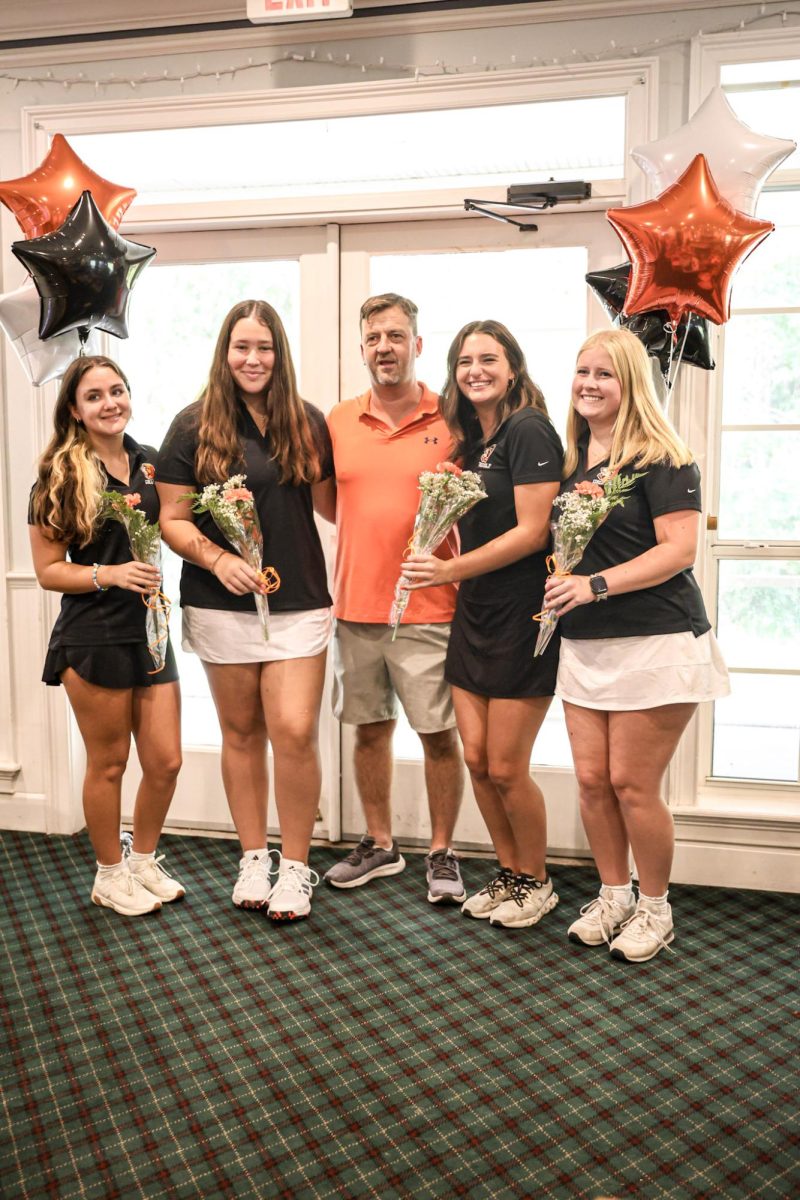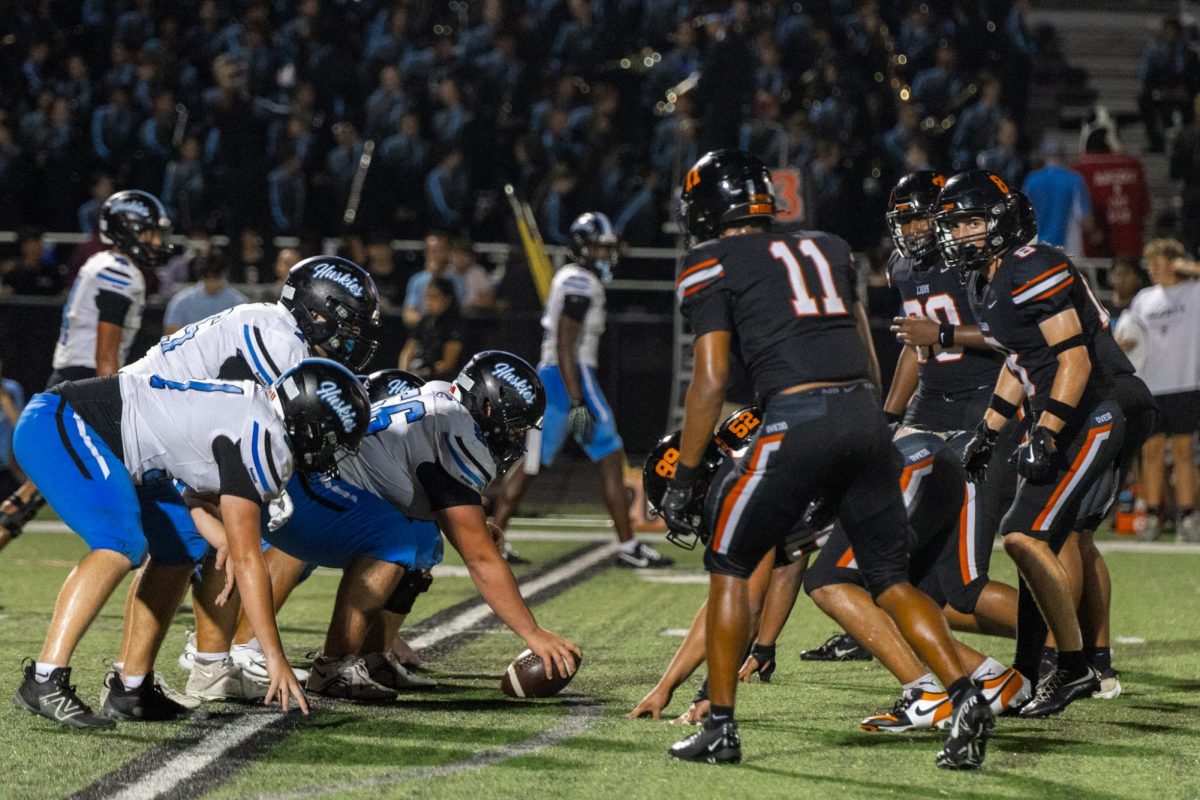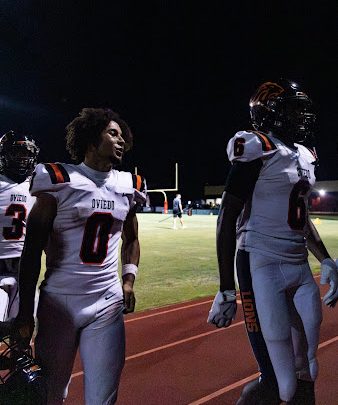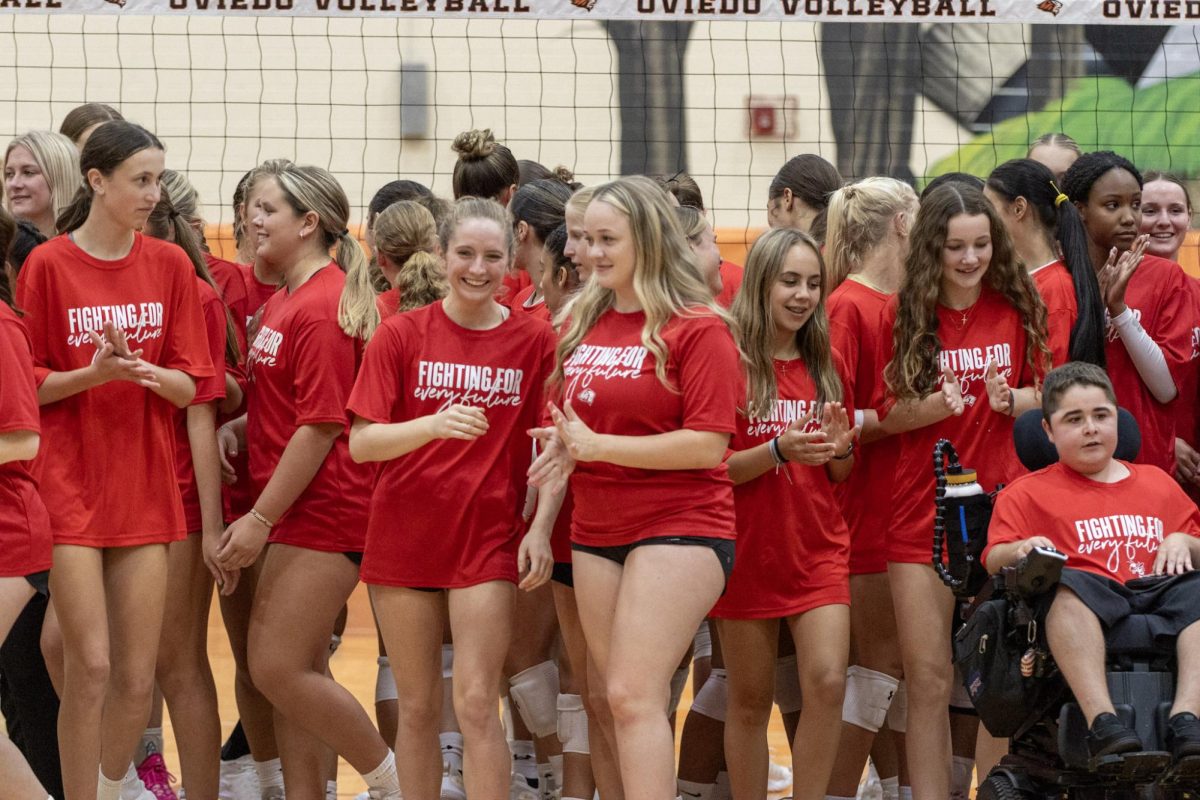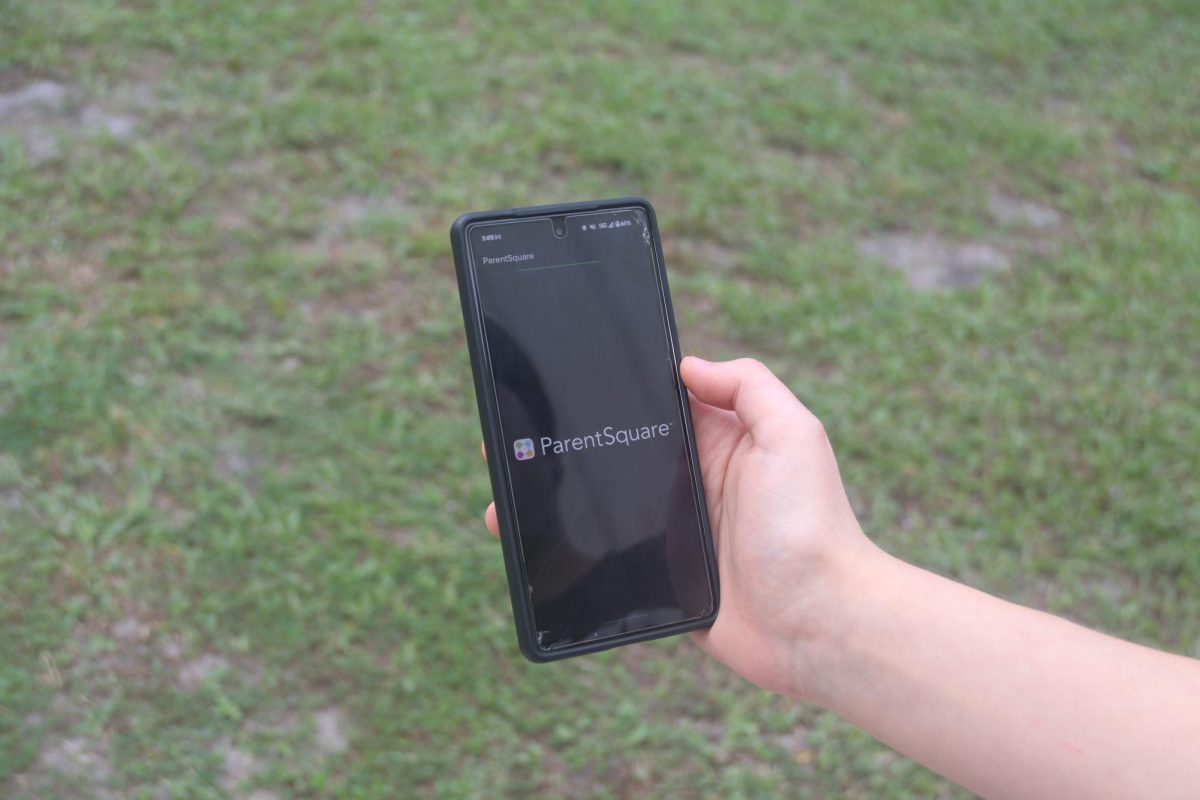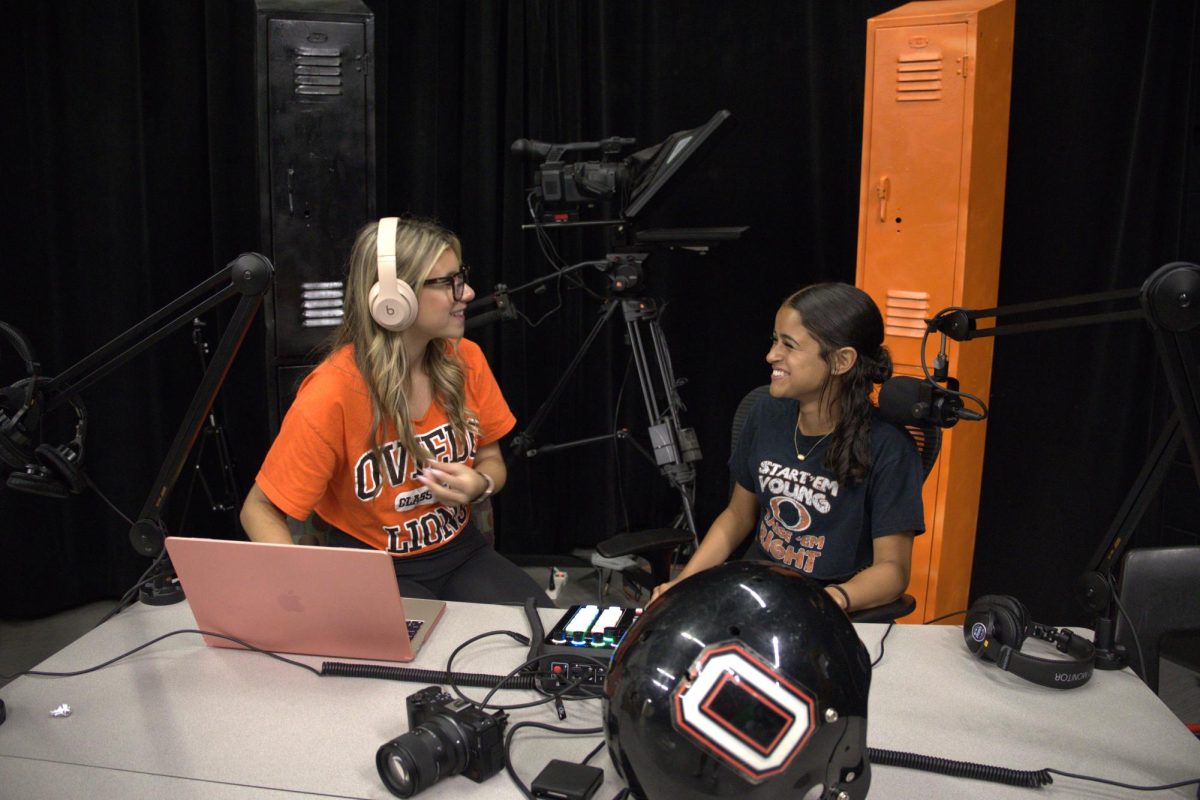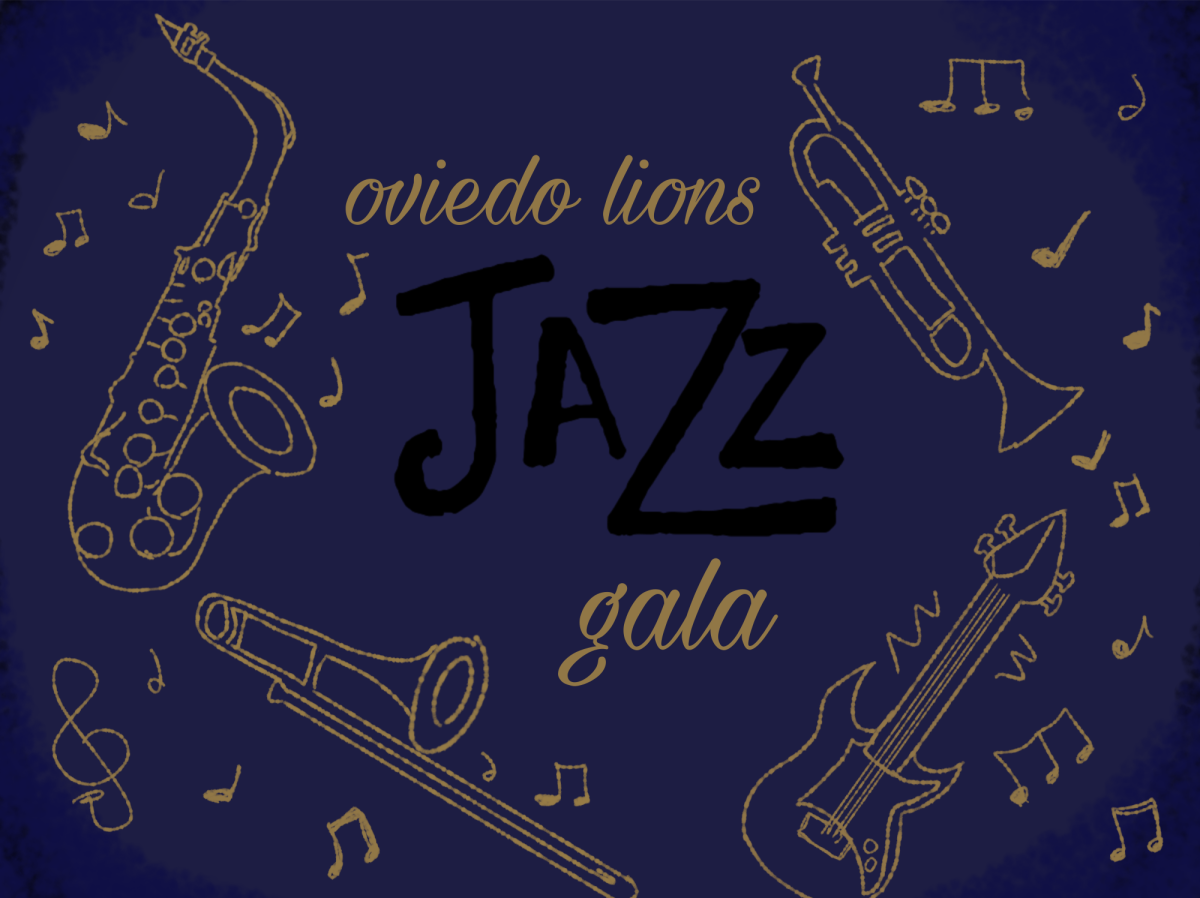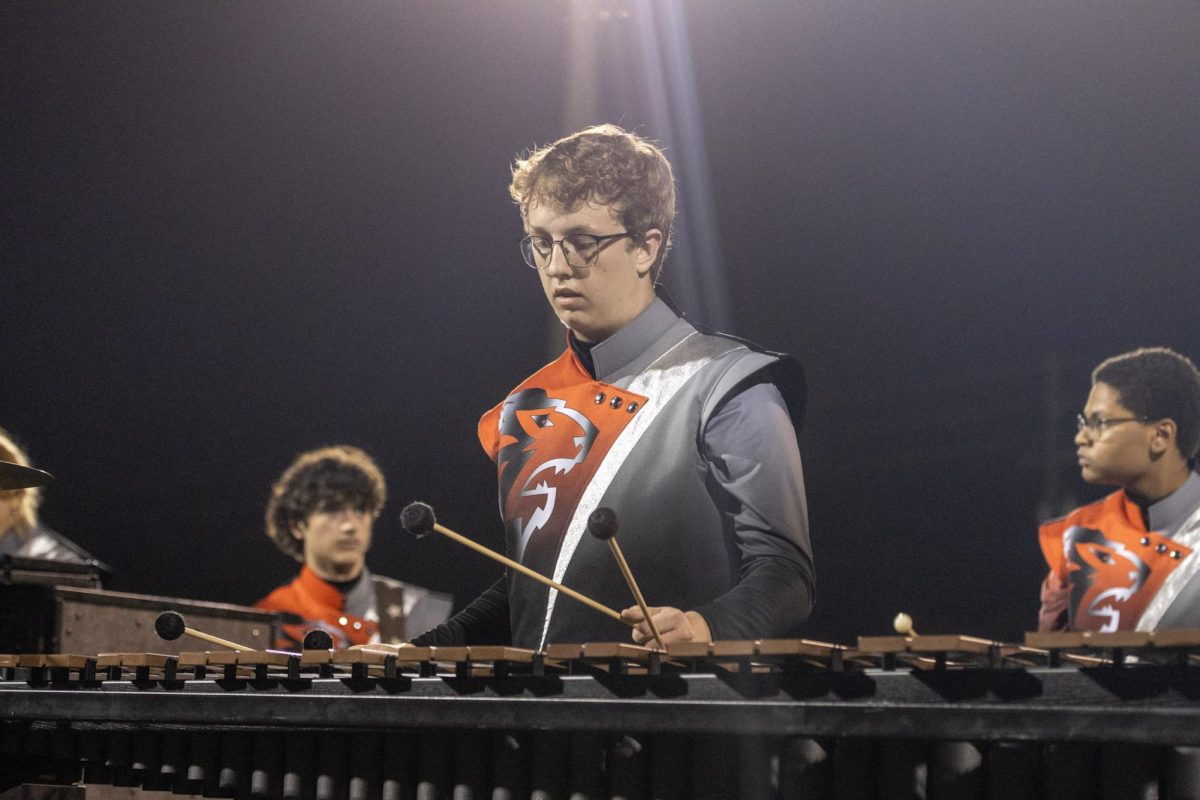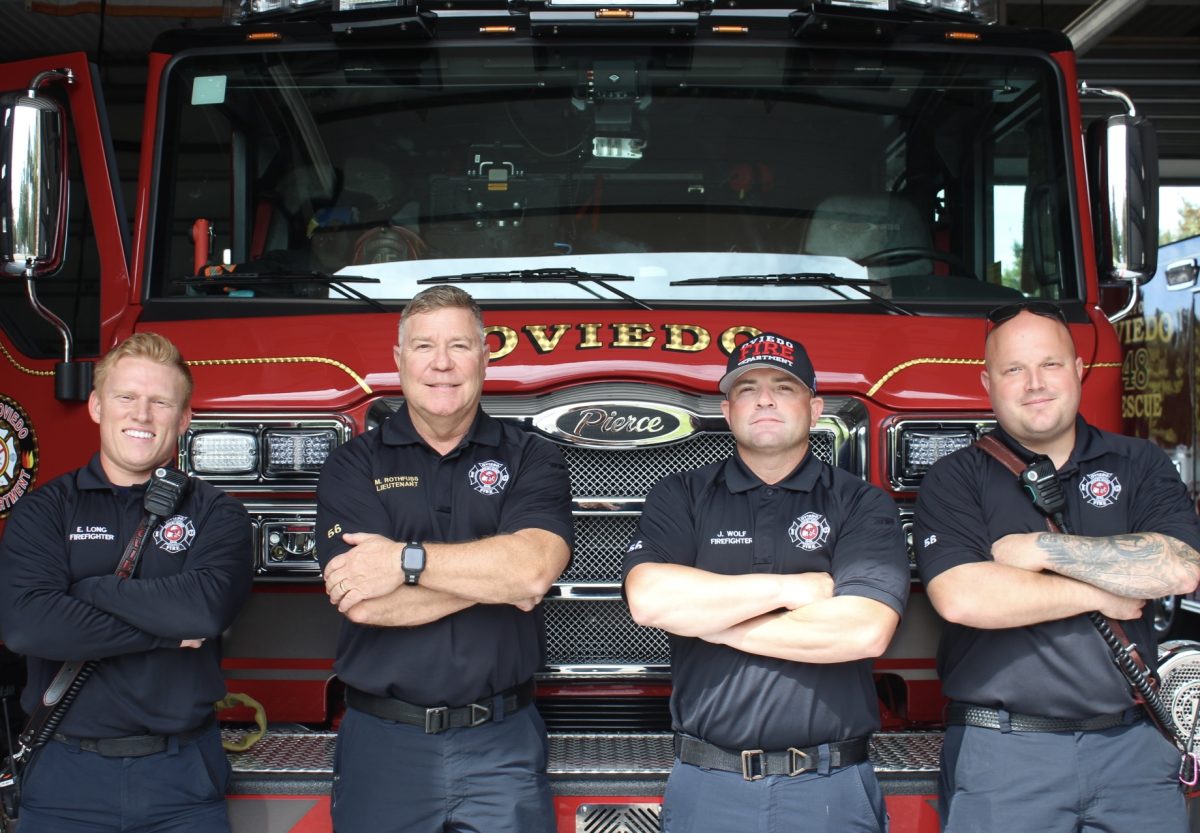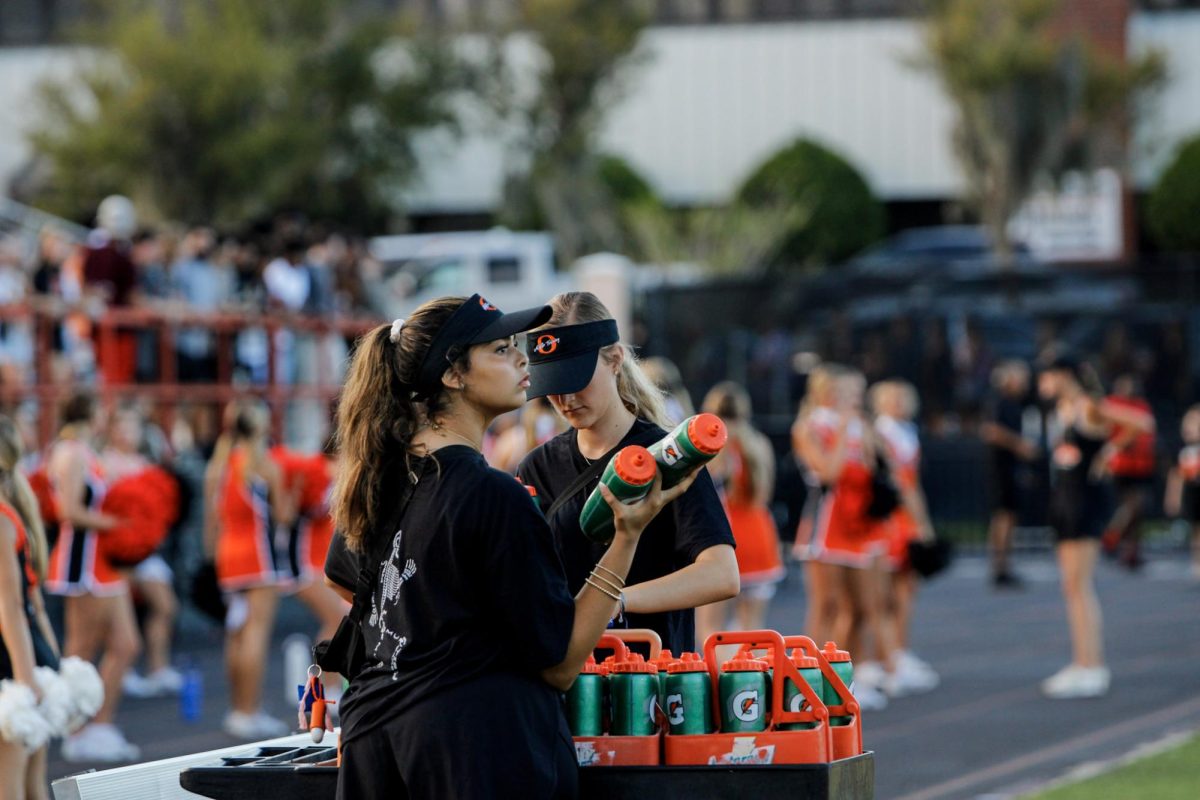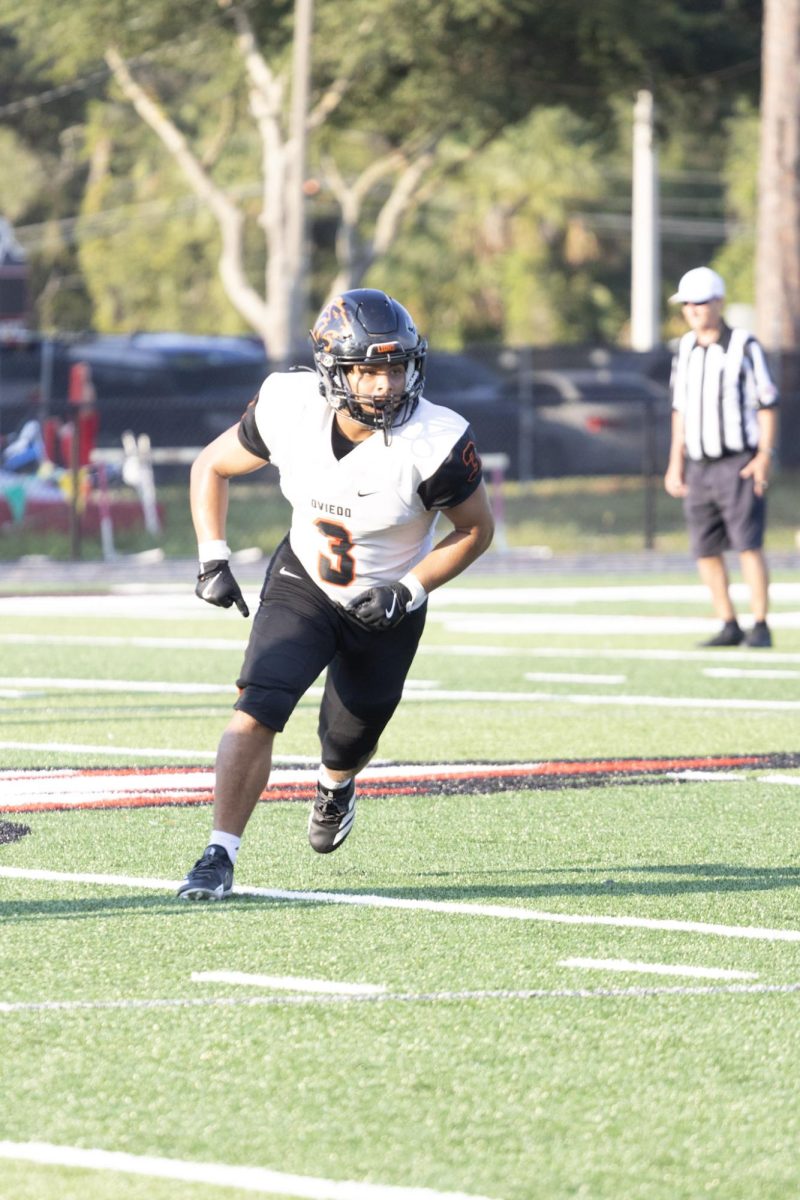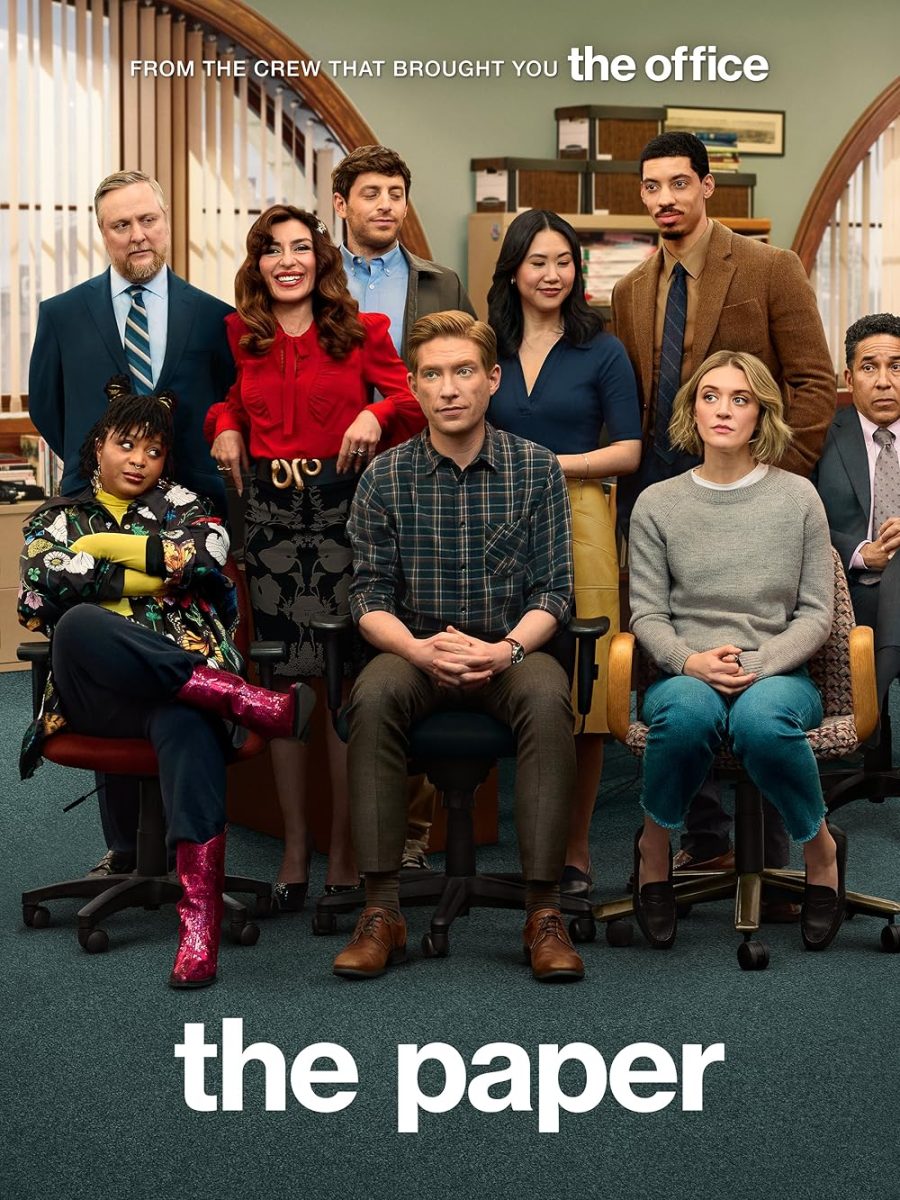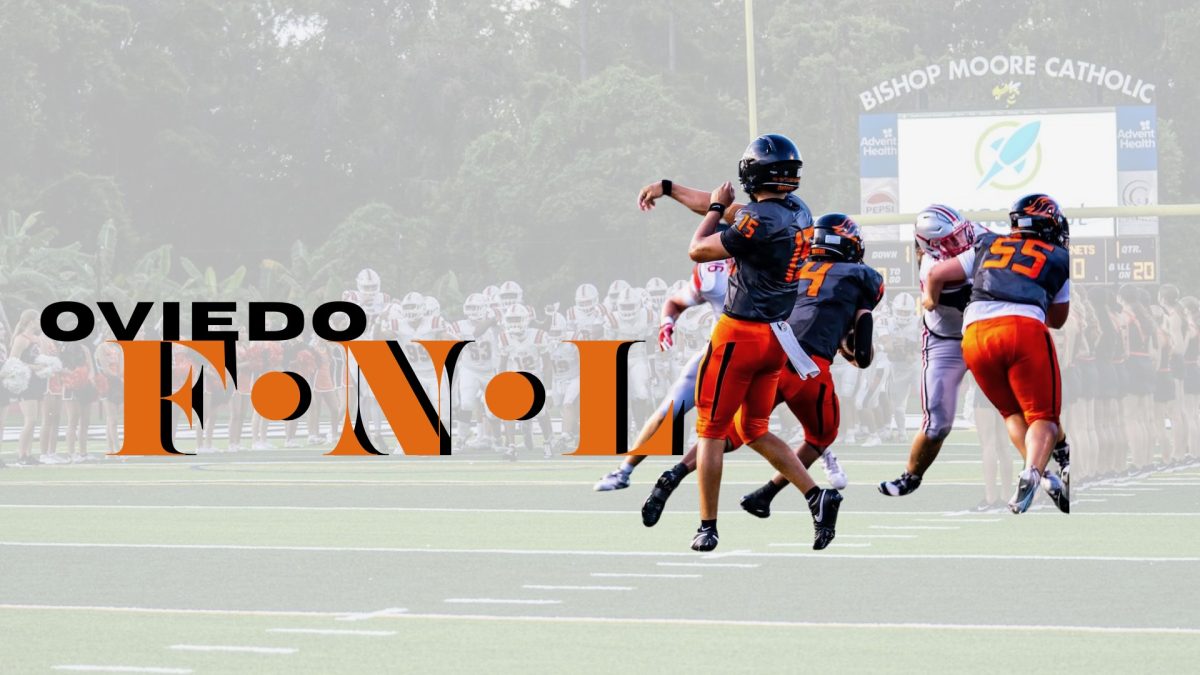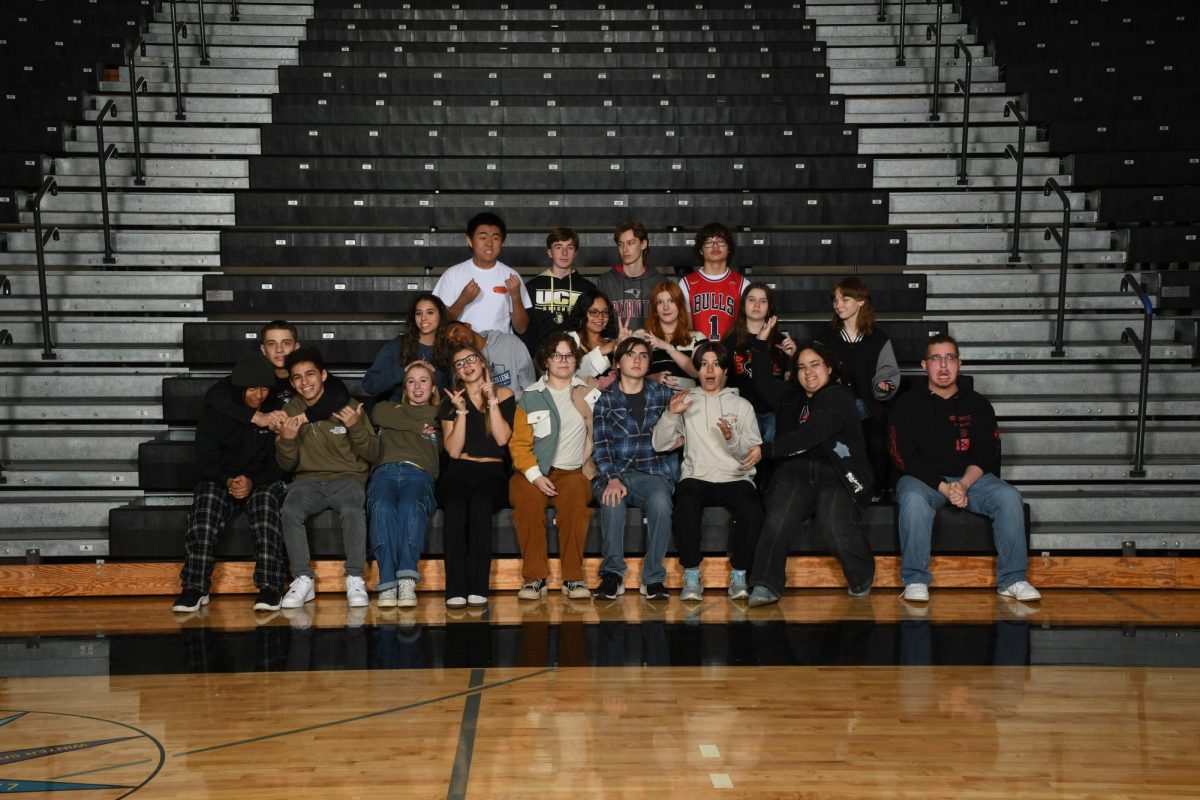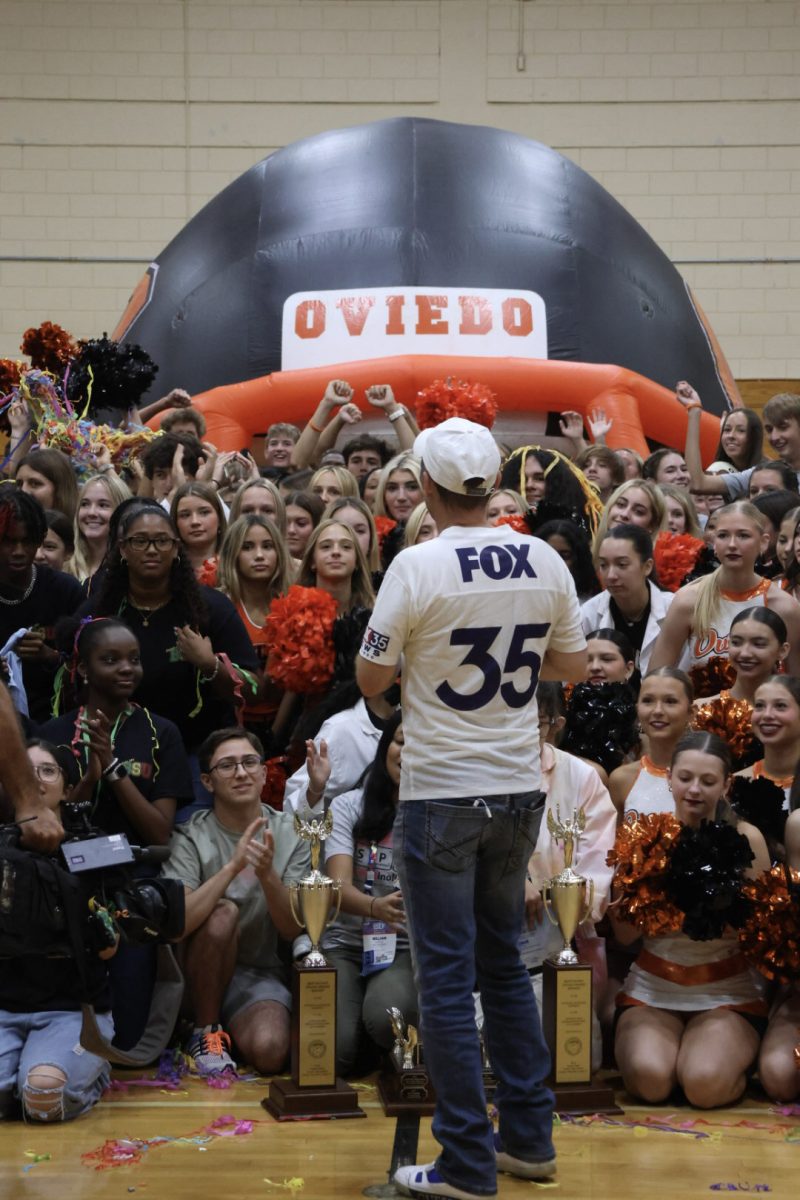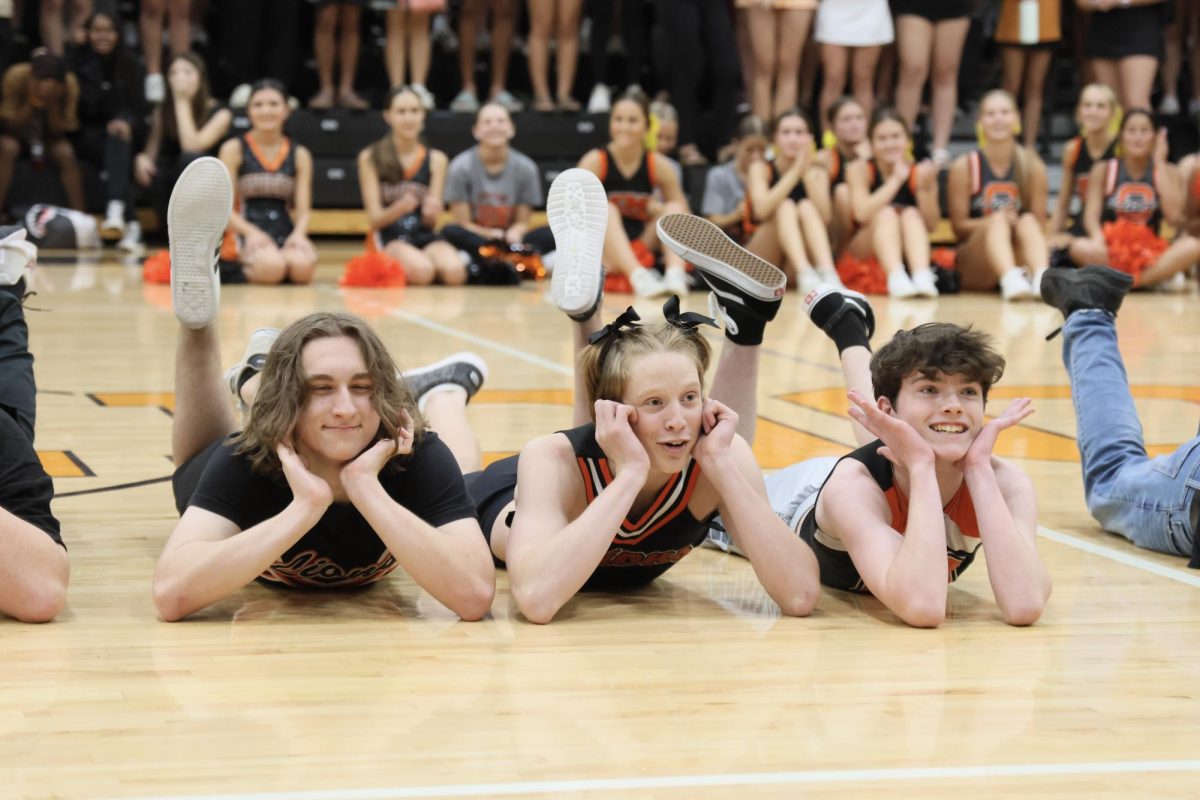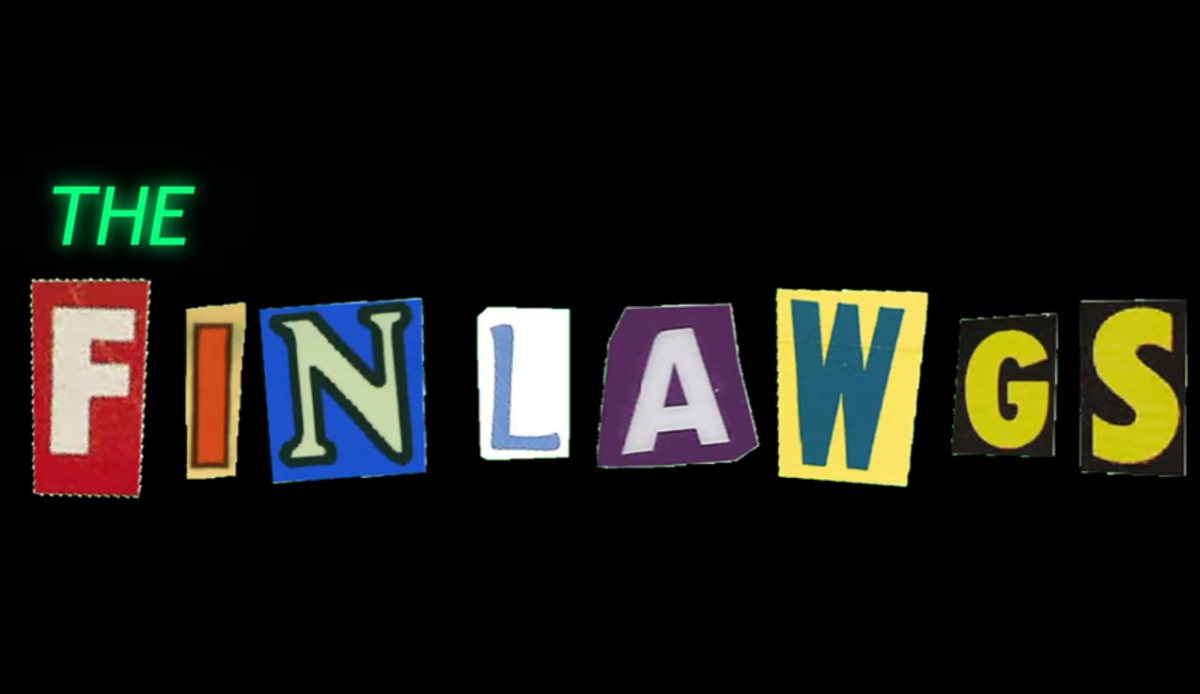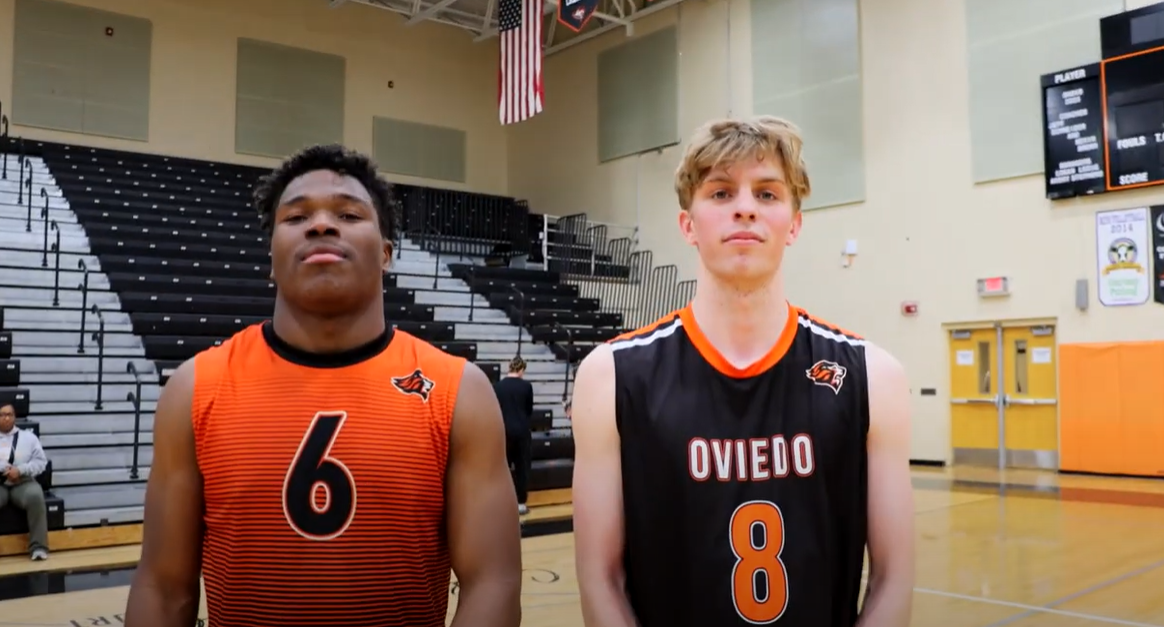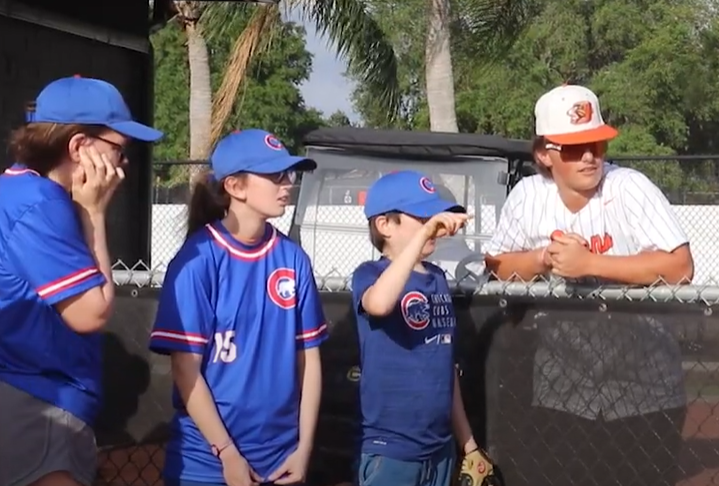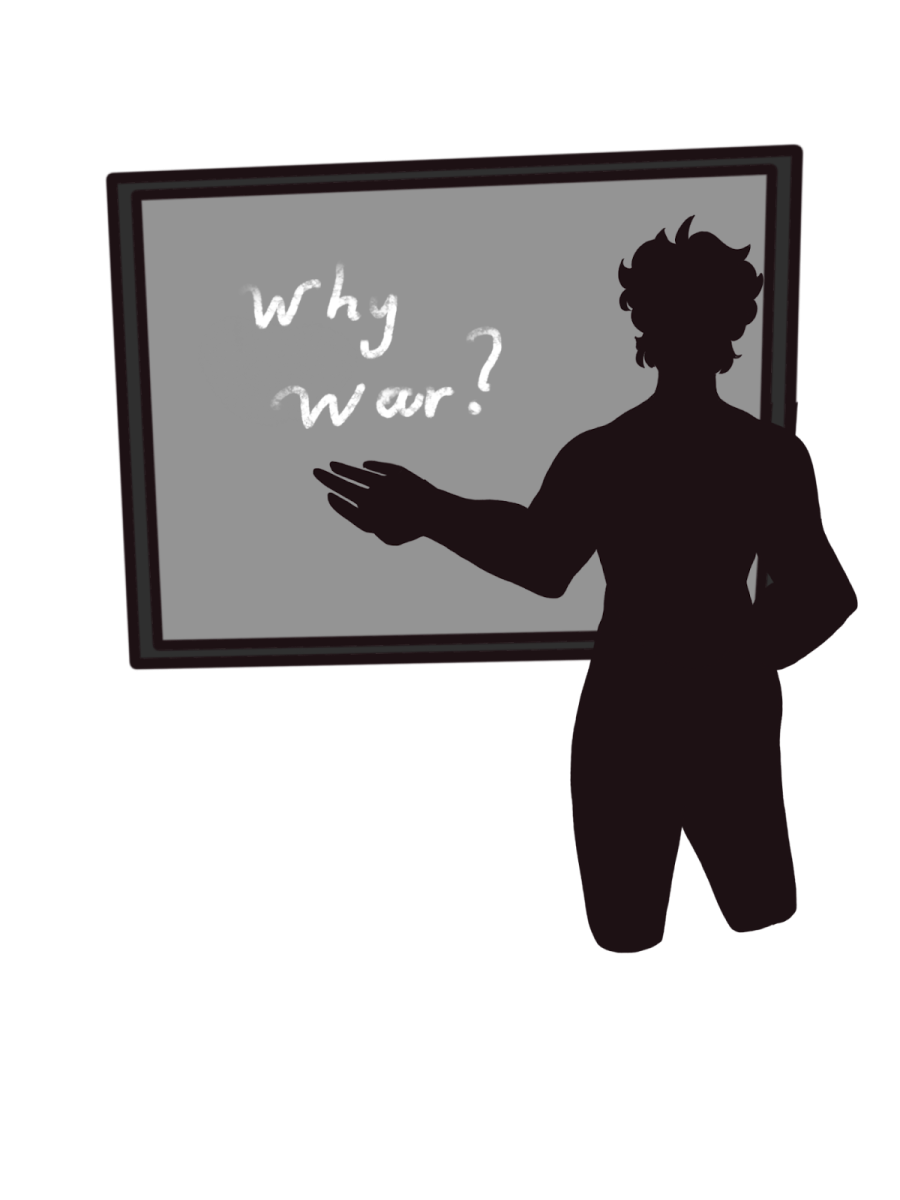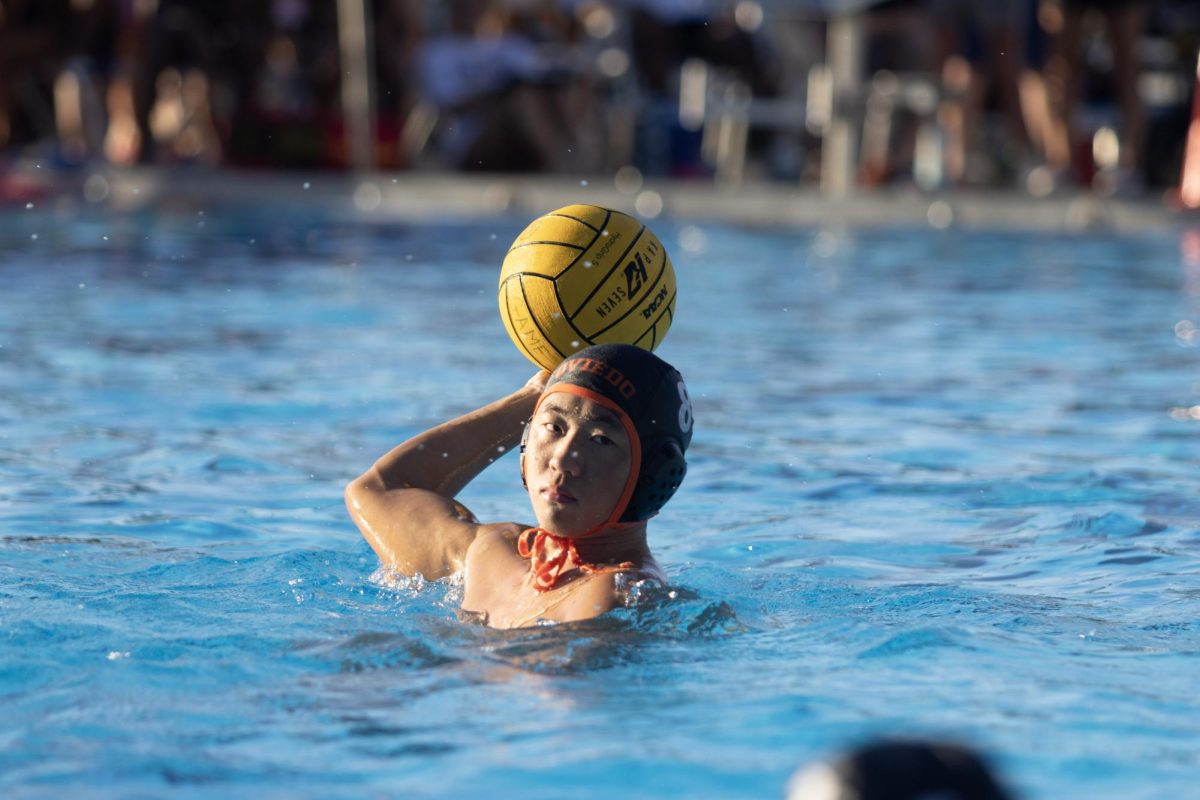When learning about history in the American education system, it is inevitable that classes will get to a section about the armed conflicts between fellow people here on planet Earth; otherwise known as war. There must be some value, though, to learning about these armed conflicts, but what could that be? Are we learning to denounce them? Are we learning how to win them? Are we intrinsically being taught how to start them? Or how to prevent them?
The fact is that the answer to those questions all lie in the interpretation of the student who learns about those wars. A visceral reaction may cause a student to pursue ensuring the defense of the nation via entering into a military academy, or the defense forces themselves. But what of the teachers that must make the interpretations to give the students? Spending hours gazing upon maps and articles about the violence in the world may be a painful commitment indeed, and could make anyone ask more questions than find answers regarding the atrocities of history.
Jessica Jenkins teaches AP U.S. History (APUSH) at Oviedo High School. The class covers numerous conflicts that occurred on the American continent from the 16th century until the most recent wars in American history. Jenkins remembers the feeling she had when those topics were first brought to her attention during her education, and how she reacted.
“I took a class on the Vietnam War,” Jenkins said. “We were able to get a better perspective on the veterans and what they went through.”
One part of the Vietnam war that had an effect on the populace of America was the music, which Jenkins scrutinized in order to gain understanding on its effects on the civilian population.
“It was mainly protest music…that was an interesting thing to explore in an elective,” Jenkins said.
When it came to teaching those wars, Jenkins wants students to get a similar appreciation for the intricacies of the conflicts. There is far more than just a war, it is a vicious fight between human volunteers who share blood; and consequently spill it.
“They need to understand…why we fought,” Jenkins began. “It’s not always so simple as saying for the right reasons or the wrong reasons, or for moral or immoral reasons, there’s a lot more complexity than that.”
That was one of the benefits of the APUSH classroom, she argued.
“We get to give you sources, often from both sides, and allow the students to come to their own conclusions, which is very important,” Jenkins said.
Another thing that gives Jenkins a certain validity on the subject is being a veteran herself, serving during the times of heightened tensions in the Middle East, even witnessing the 9/11 terrorist attacks on the Pentagon.
“My background gives me an understanding of the real direct impact of these wars,” Jenkins remarked. “That has certainly impacted how I view the conflicts, and how it would affect Americans too.”
With the combination of military and educational backgrounds, Jenkins wants to educate people to know that no matter what, the conflicts can be solved.
“We always can come to compromises and agreements, and we always have,” Jenkins said.
Another teacher who has taught both on the subject and to those who experienced the results of war first-hand is Katheryn Kammeraad, the AP English Language and Composition teacher. Kammeraad has taught students the interpretation of wartime speeches for years now, and has read books from writers like Eli Wiesel, who wrote about the Holocaust and about war itself.
Although, war is a conflicting subject for Kammeraad to cover.
“You need to be sensitive to the feelings of students,” Kammeraad told. “They may have had family members who are impacted by war, either in the present or their ancestors, especially when we talk about the Holocaust.”
Those events have moments in them, that even in their most extreme moments of cruelty, are human.
“I want students to understand the human aspects of war…I want them to understand that these are people on both sides; they are humans making decisions, and those decisions have consequences on others,” Kammeraad said.
The lessons Kammeraad teaches in regards to war are meant to impart knowledge of kindness, and appreciation of the present within the darkness of the subject.
“As we make our own decisions, we have to know that we could be positively or negatively affecting the people around us,” Kammeraad teaches. “We have to see each other as humans, and try to solve our problems through verbal articulation, instead of starting physical fights or wars with one another.”
The biggest takeaway Kammeraad wished to impart upon her students was this: “Bad things can happen no matter what century we’re living in, but that doesn’t have to be scary, as it makes us aware of more things. We have to be vigilant and knowledgeable to ensure that evil can never take over.”
On another side of the educational spectrum, Natalie Sansone, a teacher of 3D Art, believed that teaching the artistic impact from wars is equally as important as learning about the skirmishes themselves. One piece of art that demonstrates this above many others (in regards to armed conflict), is Pablo Picasso’s Guernica.
“I’ve had people pull up this image, and say it was pretty,” Sansone recalled. “I don’t think they really looked at it, or understood what it meant…I think pointing these things out to students or anyone willing to listen makes them take notice that this is about war, and hopefully ask meaningful questions.”
Sansone simulated a first glance observation of the painting that would make those students seem foolish.
“This image is the effects of war; does everyone look like they’re having fun? They’re being trampled and mangled and in agony,” Sansone said.
Sansone too realizes that the artwork can give the students a unique perspective on what the witnesses of such atrocities felt like.
“If anyone looks at this artwork for a couple of minutes, they can probably interpret their own messages, and walk away with their own feelings; I don’t think that way of thinking will be at all pro-war,” Sansone said.
The value of warfare-based education is based on the interpretation of the subject matter. It is usually, however, a valuable educational experience that attempts to avert us from having a warmongering appetite. Those who teach us in such ways do so to ensure that we are not the generation who believes the siren of war is something for us to be attracted to. We cannot end the world with knowledge by our side.

